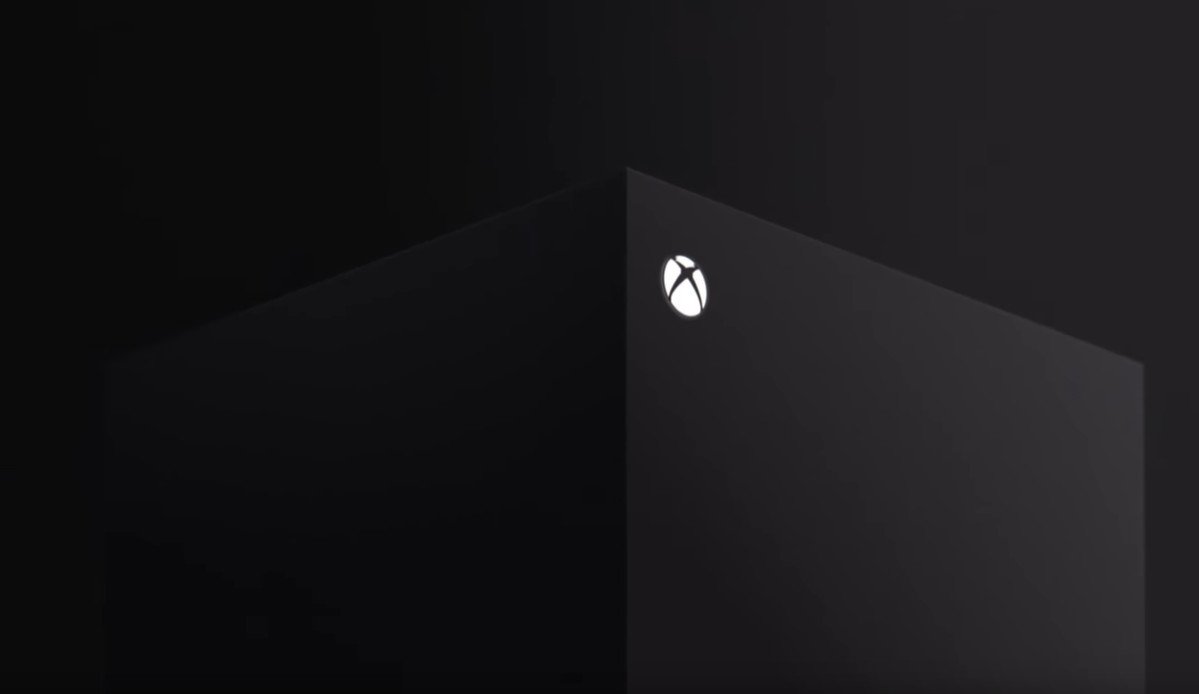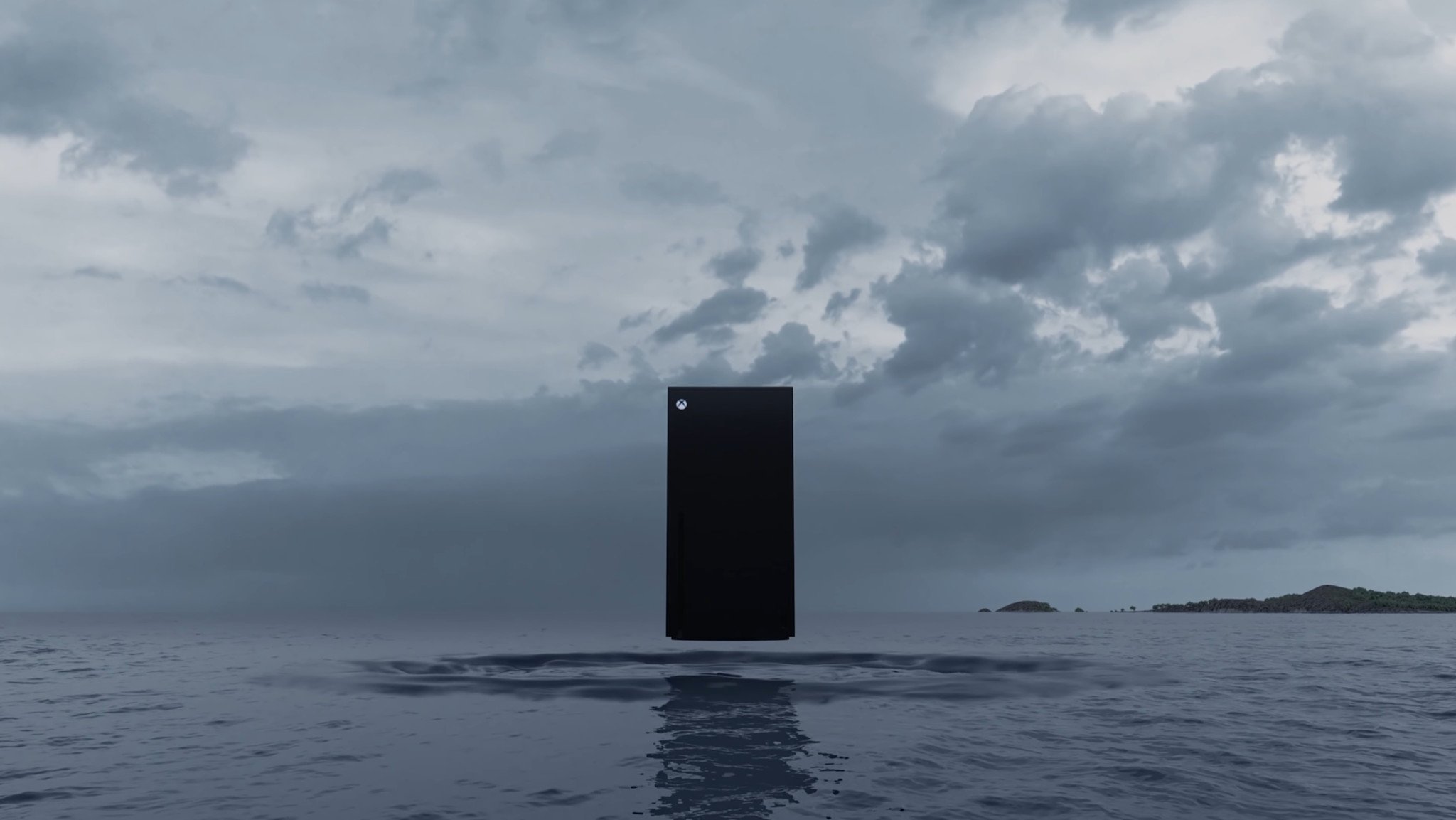Nope nope nope nope.
So this week I've seen YouTubers and commentators fall over themselves to pour fear all over the Xbox Series X for, in my view, something that should be seen as a pro-consumer move.
Xbox Studios head Matt Booty said in an interview that indeed, the Xbox Series X will be a cross-gen console, with games hitting Xbox One X and S, in addition to the Series X.
The common narrative has been that this is somehow bad, because it somehow, checks notes, will restrict games to their base version, namely the Xbox One S. Wait, what? Really?
Okay, so there were instances even this generation where games have only had Xbox One S scaling modes, skipping the extra power provided by the Xbox One X. Back in 2017. But in 2020, I had to search pretty hard to find examples. The vast majority, if not all, AAA games in 2020 do have an Xbox One X mode, with up to 4K visuals, or 60 frames per second, or in some cases both.
Does that change for the Xbox Series X? The answer is quite literally no.
The Xbox Series X will launch with the same development environment as the Xbox One, S, and X, dubbed ERA. Developers can use Xbox's APIs to scale their games to meet the hardware of each Xbox SKU, far more easily than they could in the previous generational transition. Many games achieved obviously superior visuals on Xbox One and PS4 despite being cross-gen titles, such as Assassin's Creed Black Flag, Battlefield 4, and Grand Theft Auto V. Some games like RYSE, widely regarded as the best-looking console game for quite literally years were originally being built for Xbox 360, too.
You might be able to argue PowerPC and x86 architecture simultaneously (along with Kinect, ahem) hurt the RYSE's scope and gameplay, but we live in very different times now. The Xbox Series X shares a developer environment, and a dev kit, with the Xbox One S and X. This is complete with modern software, improved developer tools, and a common set of APIs. Although the Xbox 360 version never actually launched, in today's times, RYSE would've fared far better as a cross-generational title, with improved tools to scale to different devices.
Now, you can argue that developers don't have the resources or dev hours to target each SKU with specific graphics settings. Typically those developers are on the indie side, which are less likely to be pushing photorealistic visuals anyway. There's nothing wrong with that, of course, it just is what it is.
 Hellblade II clearly isn't going to be held back by the Xbox One S.
Hellblade II clearly isn't going to be held back by the Xbox One S.
There could be some legit arguments here, though. The CPU boost and Xbox Series X "SSD as RAM" could provide actual gameplay benefits alongside prettier grass and higher-def puddles. For example, you could have tens of thousands of zombies on-screen instead of mere thousands. I'd argue that most game developers probably wouldn't be utilizing those unique features at the start of a generation anyway, seeking to maximize profit by putting their games across both generations. That has always been the case. Grand Theft Auto V is one of the most successful examples of a cross-gen game remaining relevant throughout two console generations. With digital gaming, games as a service, and the rise of cloud streaming — things are just different now.
Microsoft would also be cutting itself off at the knees to disconnect the tens of millions of Xbox One owners out there, many of whom may just be picking up Xbox One X consoles for the first time as soon as 2019. In a world where Project Xcloud streaming, easy access via Xbox Game Pass and Xbox All Access are things, install base is god. Arbitrarily adhering to the "old-school rules" of a new console generation is simply a bad business decision in 2020.
It's on Microsoft to prove why the Xbox Series X is a worthwhile purchase when it goes on sale in 2020, and I firmly believe they will do that with visuals designed specifically for the Series X. AAA third-party developers will also lend support, because at the end of the day, why wouldn't they? Why wouldn't they want their games to look as good as they possibly can when the option is there? Nobody is suggesting the prevalence of older GPUs prevents PC games from getting ray-tracing and 4K textures on the high-end. I wonder why. Oh, it's because they don't hold games back.


